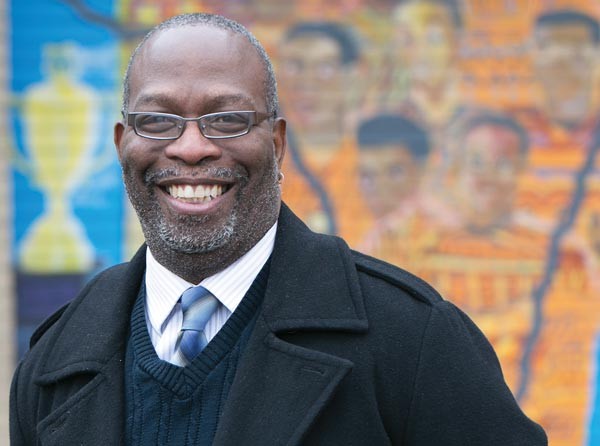As Pittsburgh Public Schools considers closing another school to help avert a million-dollar budget deficit in 2016, three new charter schools are clamoring for their own share of students ... and of public tax dollars.
But getting approval for a charter school — a school run by an outside group that nevertheless gets public money from the district itself — can be difficult. Between 2008 and 2012, the district has approved only two charter schools out of 15 proposed.
"The charter-school process is a very political one in Pittsburgh," says Randall Taylor, a former school-board director who's been involved in two charter applications. Getting approved can depend on who you know, he contends.
The outcome of the latest round of charter applications may test that proposition.
The district is currently considering three charter proposals: the Homewood Children's Village Collegiate Charter School [HCV]; Robert L. Vann Charter School, slated for the Strip District; and Provident Charter School for Children with Dyslexia, to be located in the North Side.
Taylor is one of the backers for the Strip District school, but the Homewood proposal arguably has the strongest district ties: HCV President and CEO Derrick Lopez worked for the district from 2007 to 2011. He served as assistant superintendent for secondary schools and chief of high school reform during that time, before taking the HCV post.
While employed by the district, Lopez helped broker the relationship with HCV, under which the program provides social services like mentoring, coaching, and behavioral support to students in three area schools. The district, in turn, helps HCV secure funding by applying for grants from the U.S. Department of Education and other sources.
Of the three proposals, HCV would have the largest projected student body: Its application envisions attracting up to 1,000 students in grades 6 through 12. Modeled after an acclaimed "Harlem Children's Zone," in which educators make use of community cultural assets, the HCV plans to utilize existing buildings and institutions in Homewood as its campus. These will include the YMCA, Afro-American Music Institute, Greater Pittsburgh Coliseum and Carnegie Library.
"My experience with the Pittsburgh Public Schools, coupled with the two years that I have spent here in Homewood working with individual children and families, has given me a lens into the many challenges that our children face," Lopez says. "It is my hope that the district will recognize that work and the HCV's unwavering commitment to children."
If it does so, the district would be breaking from recent tradition. The only two charters approved by the district in the past five years were expansions of established charter brands. Urban Pathways K-5 is an expansion of the North Side Urban Pathways 6-12, and Propel North Side, while the first of its brand approved in PPS, is one of nine Propel charter schools in the area.
"You're certainly seeing a lot of support from the district for Propel," Taylor says. "The pattern of preferential treatment is clear, but no one is really saying why."
District Superintendent Linda Lane agreed to an interview for this story, but later canceled it. The district asked for a list of questions, but declined to say why some charters are approved over others, or provide examples of the rationale behind charters that were approved in the past.
The district's charter-review team makes recommendations on charter applications after conducting site visits, examining financial and student-performance data, and assessing the curriculum. The review team's recommendations are sent to the school board, which held a public hearing on all three current proposals Dec. 16.
The state's charter law constrains a school board's review of charter proposals — at least in theory.
"Charter-school law dictates reasons that can be used to deny an application," says Tim Eller, spokesman for the Pennsylvania Department of Education. A charter can be denied, for example, if it isn't financially viable, or if it doesn't comply with the state school code. It also can be denied if the application doesn't provide enough evidence to support its claims. If the charter is denied, the applicant can appeal to a state appeals board.
But, Eller adds, "The school district needs to rule on the merits of that application regardless of whether it feels a charter is warranted or not."















